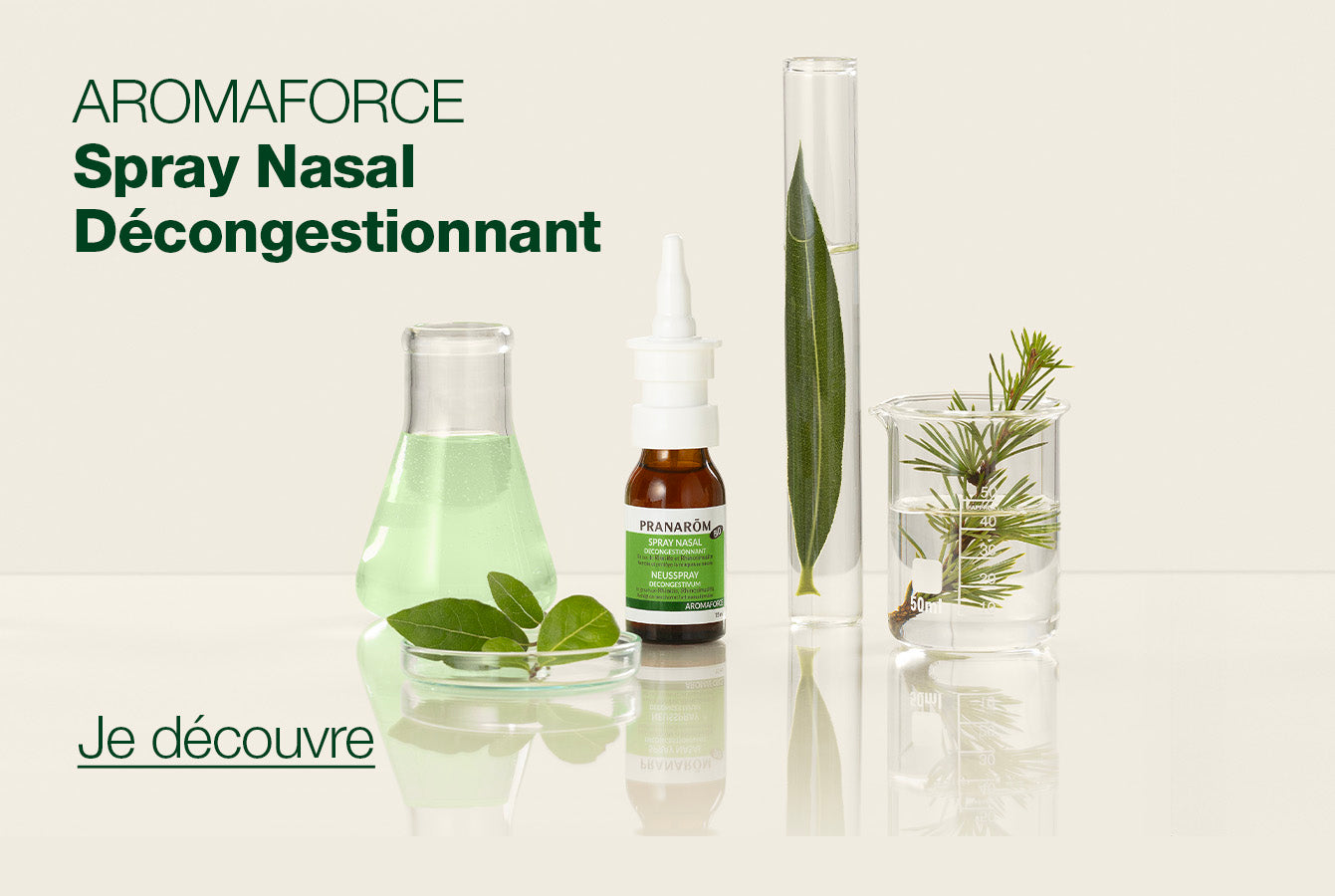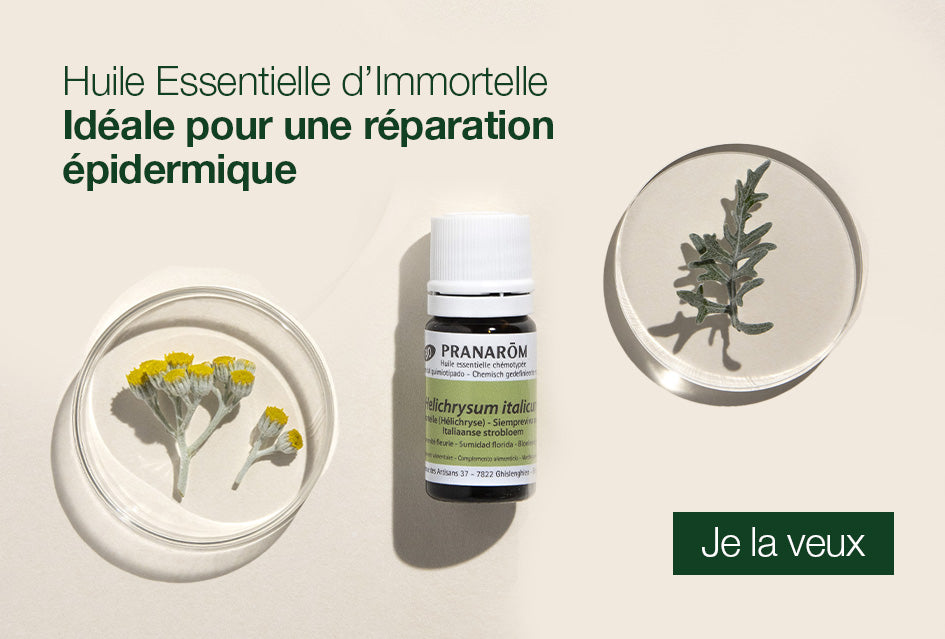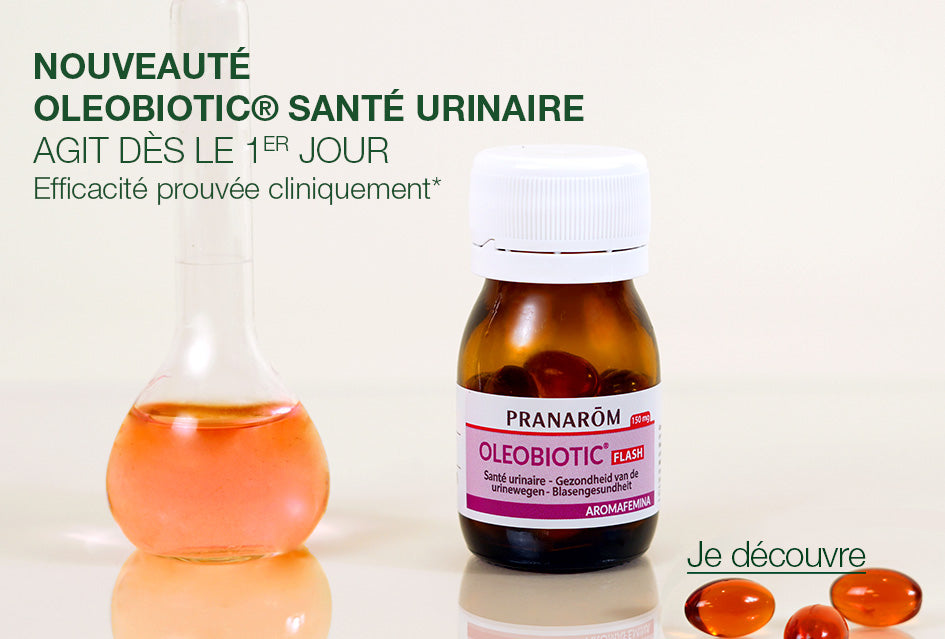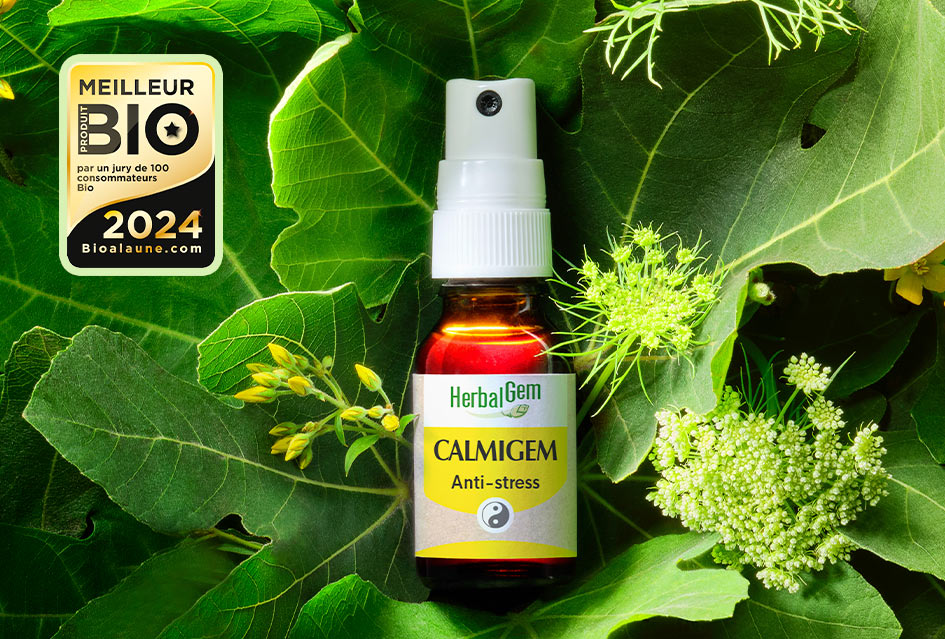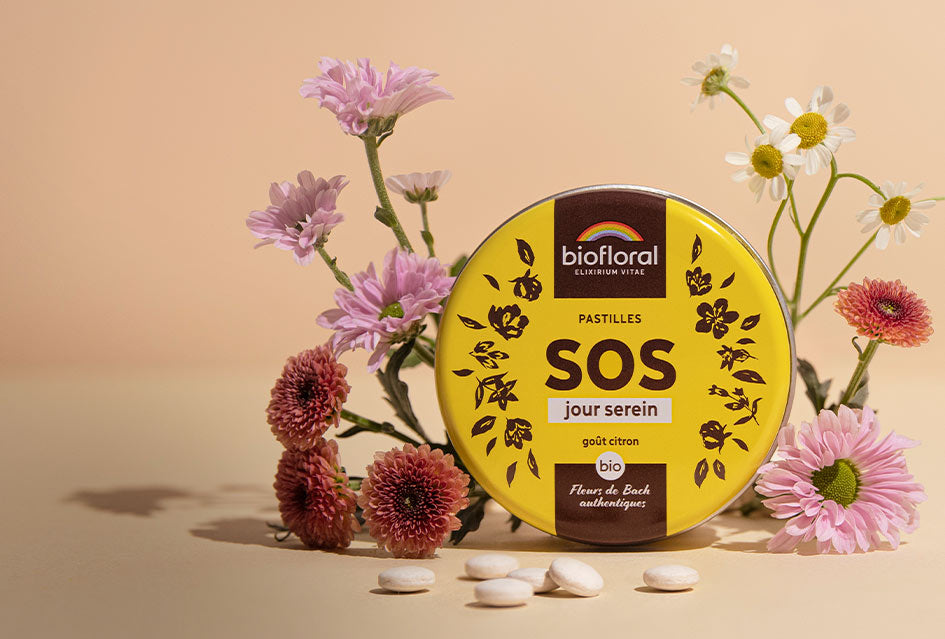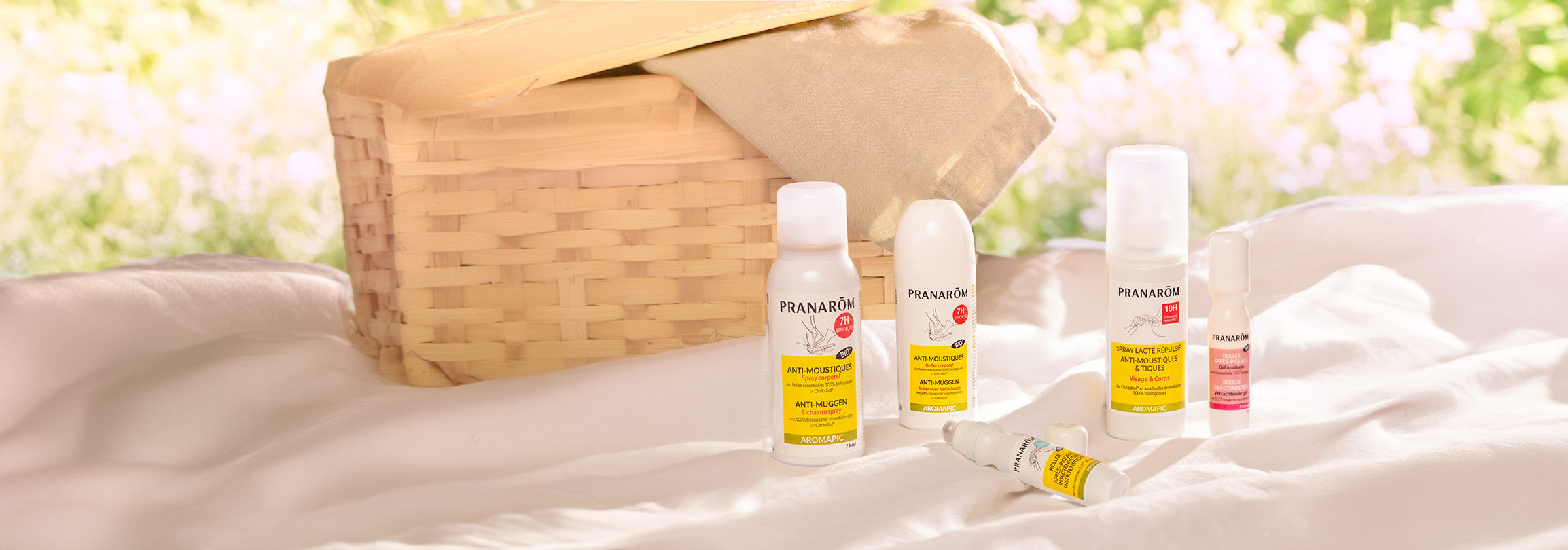Muscle, tendon and joint pain, troubled sleep, depression, anxiety, fatigue upon waking?
The symptoms that characterize fibromyalgia are numerous and very varied both in number and intensity.
A vague disease therefore, and a disease which still has difficulty finding good therapeutic answers with modern medicine today.
Many fibromyalgia patients hope for noticeable relief by exploring the therapeutic resources of aromatherapy.
So, what essential oil remedy to relieve the symptoms of fibromyalgia ?

Fibromyalgia: what is it?
The word “fibromyalgia” evokes the Latin fibra ( “filament” , which here evokes tendons and joints), and the ancient Greek my or myos ( “muscle” ) and algos ( “pain” ).
It was only in 1992 that the WHO (World Health Organization) recognized this disease as rheumatic. It has been referenced for several years under its own name as a disease, under the reference M079.
“Fibro” was previously only considered by the medical profession as a psychiatric syndrome, or even female hysteria.
In fact, the disease has no biological trace and therefore cannot be diagnosed based on a blood test or a precise examination.
Typically female, the pain of fibromyalgia affects just under 2% of the population in the industrialized world, including 70% women!
Describing fibromyalgia in two sentences is not easy. It is a disease which is characterized by pain and fatigue, and which seems to be linked to certain nervous disorders which can be both the consequence and the cause.
Why use essential oils?
With a natural treatment protocol based on essential oils, muscle and joint disorders can be alleviated, allowing patients to resume physical activity in good conditions, for example. Stress or anxiety related to pain may also decrease.
The use of a roller based on essential oils for muscles and joints improves well-being via natural, non-invasive treatment protocols for the body. It would be a shame to do without the benefits of aromatherapy!
Quality food, physical activity, vitamin: we often forget to combine a healthy lifestyle with the use of flowers or other plants as part of improving our overall well-being.
Grandma's remedy for fibromyalgia is a first alternative to more invasive medications without being any more effective.
In synergy, the blend of essential oils makes an excellent grandmother's remedy for fibromyalgia . The symptoms will disappear little by little to relieve the body and above all regain real comfort in everyday life.
We wanted to take stock of the naturopathic approach to fibromyalgia by discussing possible solutions with Dominique Baudoux, pharmacist and aromatologist internationally appreciated for his works on health with essential oils .
Interview with Dominique Baudoux, pharmacist-aromatologist and author
Mon-aromatherapy.com (MA) : Dominique Baudoux, is a treatment protocol based on essential oils possible for fibromyalgia?
Dominique Baudoux (DB) : Yes, but it is very complex. Indeed, a treatment protocol adapted to fibromyalgia should ideally:
- Drain all emunctories from the body
- Intervene effectively on the immune system
- Offer effective analgesic action
- Act deeply on the nervous system
When the whole body is sensitive and hurts, when in addition the neuromediation function is affected, a range of therapeutic means is required. Aromatherapy can provide a very complete response to cases of fibromyalgia, but it will combine several remedies.
MA : Your naturopathic approach to the “field” invites you to recommend that we drain the body. How ?
DB : Good food hygiene is essential but it is important to eliminate all toxins and other residues because they cause painful inflammatory conditions and sometimes weaken the natural immune defenses.
Lovage (root), Rosemary CT verbenone , cultivated carrot, common juniper and cultivated celery give interesting essential oils. You have to think about it as part of a long-term care protocol .
MA : And to intervene on the immune system? What essential oils?
DB : Nothing is better than compact Oregano for upgrading the body's defenses and also acting in a very beneficial way on the commensal flora of the intestines . With Oregano capsules , a major depuration cleanse continues. You can take 1 capsule morning and noon, during a meal. Taking these doses can last 3 weeks, then stop for 1 week and resume according to the same cycle.
MA : These two actions, the drainage of the emunctories and the sanitation of the body, are the basis of a successful treatment protocol but they will not have a direct effect on the pain. What to do ?
DB : Against pain, we will take care to combine several means, acting both on the muscular sphere and on the nervous and emotional system .
Wintergreen , true lavender , ylang-ylang and many others relieve spasms , inflammation , pain and contractures . Nothing is more useful than an oil flavored with these essential oils to provide local relief through the skin. If certain areas are more painful or do not allow a gentle massage, I recommend the Aromalgic spray which is more concentrated in essential oils than massage oil and which allows easy application thanks to the spray without propellant gas, for a more intense action Again.
At the same time, we will also make sure to inhale essential oils throughout the day or night in order to act on the olfactory neuroreceptors. They are directly related to the central nervous system (CNS) and are an ideal way to manage the most intense pain.
MA : How to act on pain through olfaction?
DB : You can prepare a mixture of essential oils diluted in vegetable oil as follows:
Pain or anxiety
- HECT Ylang-ylang (cananga odorata): 2ml;
- HECT Nutmeg (myristica fragrans): 2 ml;
- CEO Frankincense (boswellia carterii): 2 ml;
- HV Apricot pit (prunus armeniaca): 4 ml.
Essential oil and emotional balance are directly linked. Store this 10 ml aromatic mixture in an amber glass dropper bottle that you keep with you. For each need (more intense pain or anxiety), apply 3 drops to the inside of the wrists. We join our hands in a cathedral shape to cover our nose and inhale deeply 3 times.
MA : This mixture is formulated with the aim of rebalancing the nervous sphere through olfaction, but what can you do if you suffer so much that you become particularly irritable and dark or violent thoughts take hold?
DB : Olfaction already does a lot and the presence of Frankincense and Ylang-ylang is comforting . However, we can consider another mixture to be used to provide intense and rapid “ de-stress ”, in an aromatic bath for example.
Synergy for the bath
A synergy for the bath to test at a rate of 6 drops per bath in a neutral bath oil, a dose of crème fraîche or an egg yolk to disperse in the bath water:
- HECT True lavender (lavandula angustifolia): 3 ml;
- HECT Patchouli (pogostemon cablin): 1 ml;
- HECT Ylang-ylang (cananga odorata): 1 ml;
- CEO Mandarin (zest) (citrus reticulata): 5 ml.
This aromatic bath will guarantee absolute “ zenitude ”. It also invites restful sleep . If you really want to optimize the action on the nervous system and regulate both mood and sleep, you can also consider taking 2 Oléocaps+ 7 Relaxation capsules each evening at bedtime. Restorative sleep is crucial in managing the disease .
Thanks to Dominique Baudoux for this interesting protocol and all our thoughts for people affected by fibromyalgia. We invite them to of course consult their doctor regularly and to discuss these additional treatment options with him.
Last little natural health tips : anti-inflammatory foods, herbal medicine or even acupuncture are also interesting options as part of our fibromyalgia care protocol .
